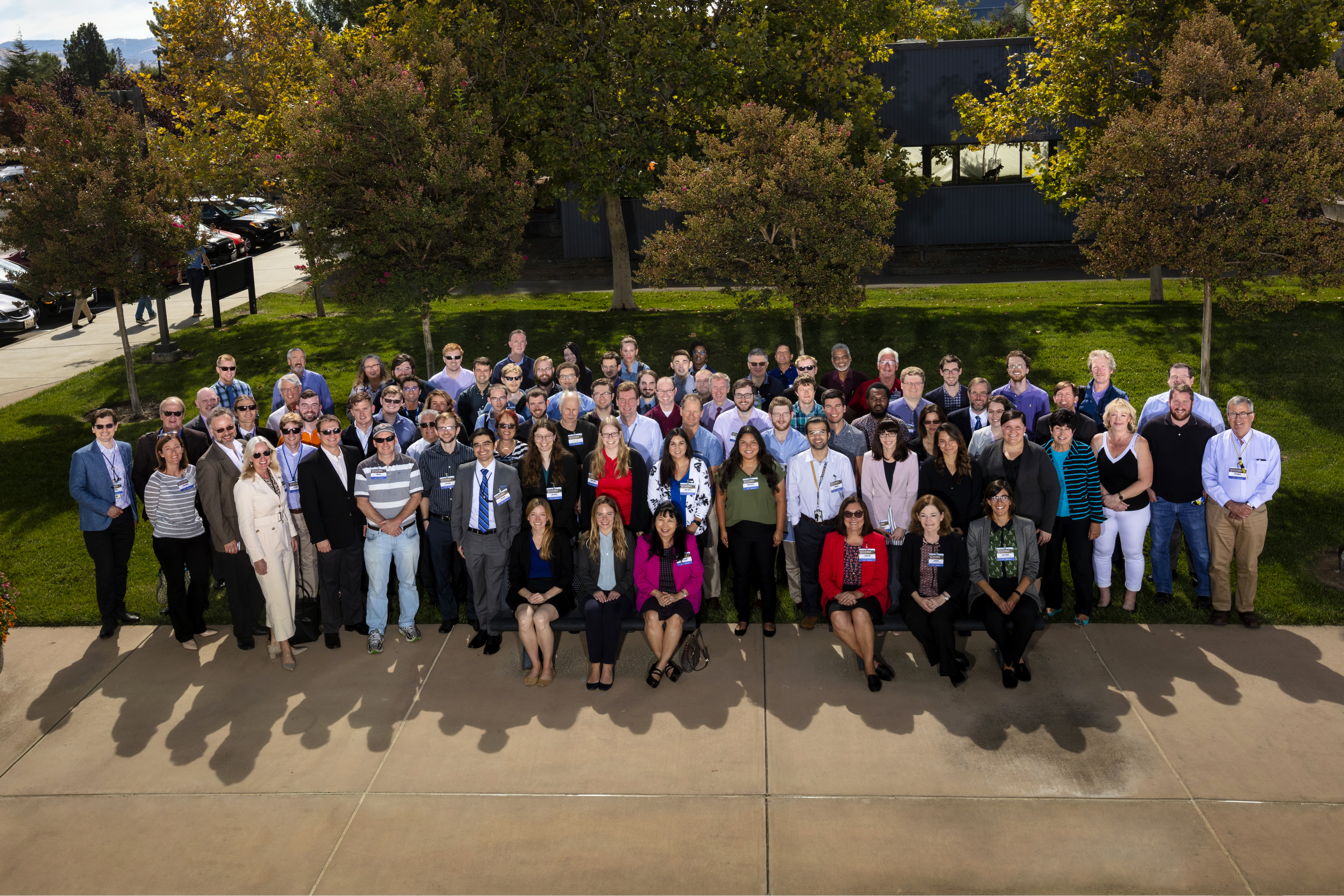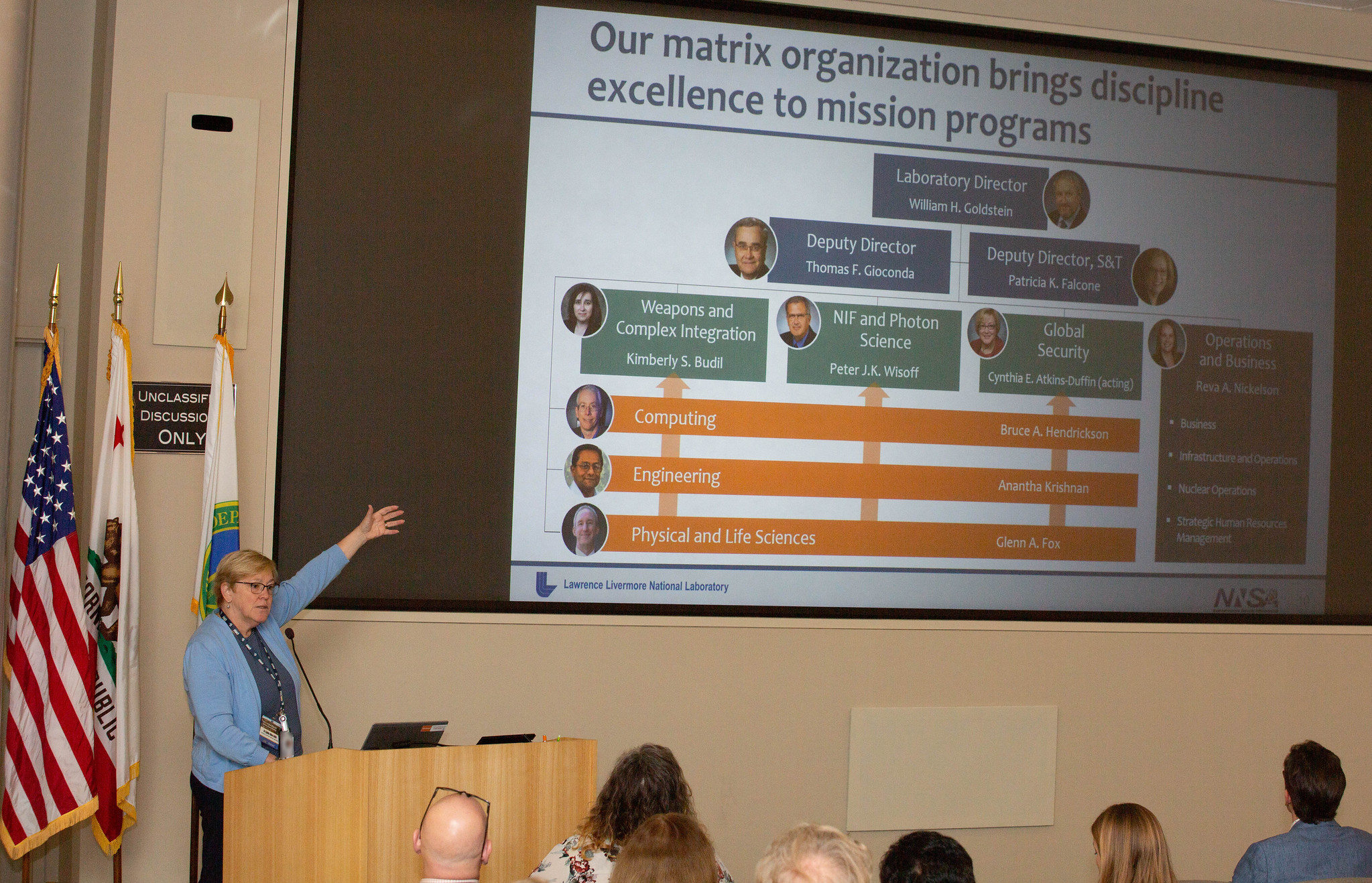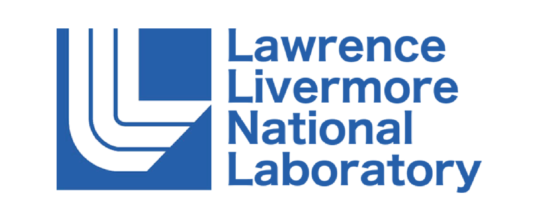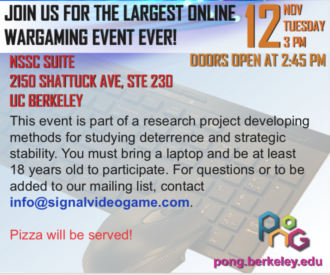The following article is from LLNL

Once a year, a community of university professors, students and national lab researchers who focus on nuclear science and security gather to share research updates and develop collaborations, among other tasks.
Earlier this month, the group — known as the Nuclear Science and Security Consortium (NSSC) — held its 2019 fall workshop at the Laboratory.
The 2019 NSSC workshop and NSSC advisory board meeting, held Oct. 8-9 and organized jointly by LLNL and the University of California, Berkeley, was attended by more than 60 university students, postdocs and faculty and by more than 50 national lab scientists from several national labs.
This year’s workshop featured more than 20 oral presentations with overviews of NSSC research areas and highlights of student research projects, along with approximately 20 poster presentations of student research.
“The NSSC workshop was outstanding, as we got the opportunity to review student presentations covering a wide range of topics,” said LLNL’s Vladimir Mozin, one of the workshop’s key organizers. “I was impressed by the quality and impact of research projects completed by the students, and the relevant skillsets that they had acquired in the process.
“I see this as clear evidence that the NSSC is successful in its mission to prepare the next generation of researchers for the national laboratory complex. I attribute this success largely to the ‘dual mentor’ model, which means that each student is advised by both a university professor and a national lab researcher in their efforts.”
Two UC Berkeley leaders of the consortium, which is based at Berkeley, echoed Mozin’s sentiments about the success of the LLNL meeting.
“It was a truly great event; I’ve heard universally wonderful feedback from our students, faculty and advisory board. And the students had a blast on the tours. I am extremely grateful for all the hard work and long hours you put in to ensure a good event for us,” said NSSC Executive Director Bethany Goldblum.
Jasmina Vujic, the NSSC’s program director and the first woman to head a university nuclear engineering department in the United States, commended the “great team at LLNL, which is truly dedicated to work with NSSC and to improve and increase ways of collaboration between LLNL and NSSC.”
During the workshop, Cindy Atkins-Duffin, the acting principal associate director for Global Security, gave an overview of the Laboratory, and Victoria Franques, the National Nuclear Security Administration (NNSA) program manager for the NSSC, provided an overview of the university program.
University students, postdocs, faculty, visitors from other Department of Energy labs and NNSA officials toured five unique LLNL facilities – the National Ignition Facility, the high-performance computing lab, the nuclear forensics lab, the National Atmospheric Release Advisory Center and the Additive Manufacturing Metals lab.
“The NSSC has spearheaded many activities this year to give students and mentors throughout the nuclear security enterprise a chance to build connections and showcase their work,” said Edward Watkins, assistant deputy administrator for NNSA’s Office of Defense Nuclear Nonproliferation R&D.
The NSSC was established in 2011 by NNSA, which provided a $25 million award for an initial five-year program to develop a new generation of national lab-integrated nuclear experts.

In 2016, the NSSC successfully competed for an additional five years of support.
Partner universities in the consortium include UC Berkeley, Michigan State University, UC Irvine, UC Davis, George Washington University, Texas A&M University, the University of Tennessee, Knoxville, and the University of Nevada, Las Vegas. Partner national laboratories include Lawrence Berkeley, Lawrence Livermore, Los Alamos, Oak Ridge and Sandia.
The NSSC mission is to train the next generation of nuclear scientists and engineers while engaging in research and development spanning basic aspects of new technology and methods to programmatic work directly supporting the nuclear security and nonproliferation mission.
The NSSC has prepared 423 students and postdoctoral scholars through a multidisciplinary program that provides hands-on training in nuclear science, technology and policy. The NSSC has helped graduate 109 bachelor’s of science, 60 master’s of science and 99 Ph.D. student fellows and affiliates, as well as supported 45 postdoctoral scholars through program completion.
“The NSSC enables a rich collaborative research environment between universities and the national labs and fosters the development of science and technology underlying the nuclear security mission,” said Scot Olivier, the Lab’s nonproliferation R&D program leader within Global Security.
NSSC students, postdocs and faculty collaborate with national lab scientists to conduct cutting-edge research in four focus areas (nuclear and particle physics, radiochemistry and forensics, nuclear engineering and radiation detection) linked by four crosscutting areas (nuclear data, modeling and simulation, nuclear security policy and education).
Since 2011, a total of 101 NSSC fellows and affiliates have accepted positions in DOE national labs or other government organizations, while an additional 47 were hired into faculty and research positions at U.S. universities.
Of the 83 NSSC students and postdocs hired at DOE national labs since 2011, 24 have been hired at LLNL, more than any other lab. In 2019, LLNL also hosted 19 NSSC students and postdocs performing research at LLNL in collaboration with LLNL scientists.
During the past eight years, the NSSC students have demonstrated scientific excellence through the publication of many highly cited manuscripts in influential journals. The consortium has produced nearly 300 peer-reviewed publications and more than 1,200 oral and poster presentations on fundamental and applied research within the core set of scientific disciplines supporting the nuclear security mission.
In addition to Mozin and Goldblum, others who worked to set up the fall 2019 NSSC meeting included Julie Marchand, the LLNL nonproliferation R&D program administrator, and Charlotte Carr, the NSSC’s program manager.
NOV



